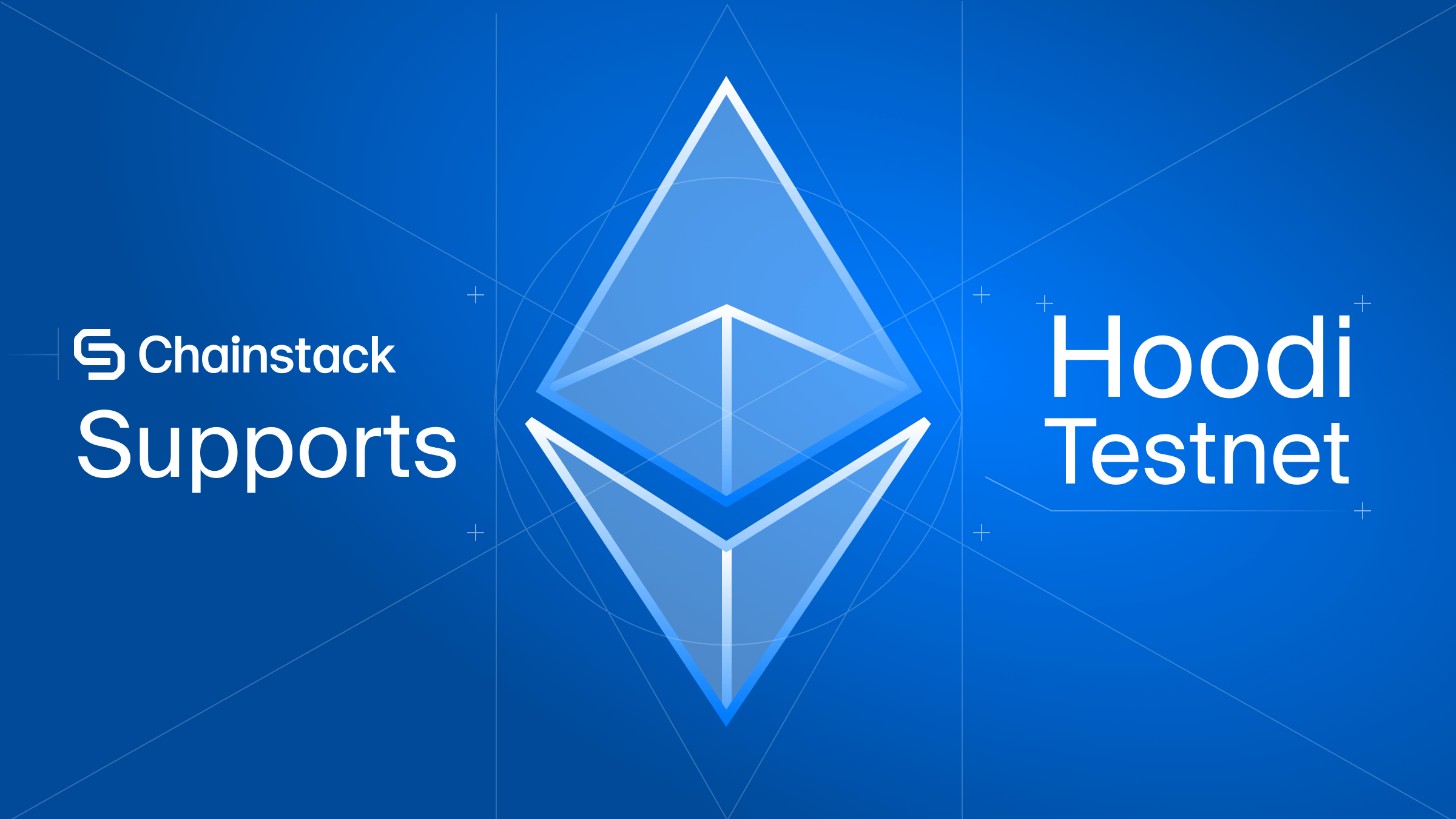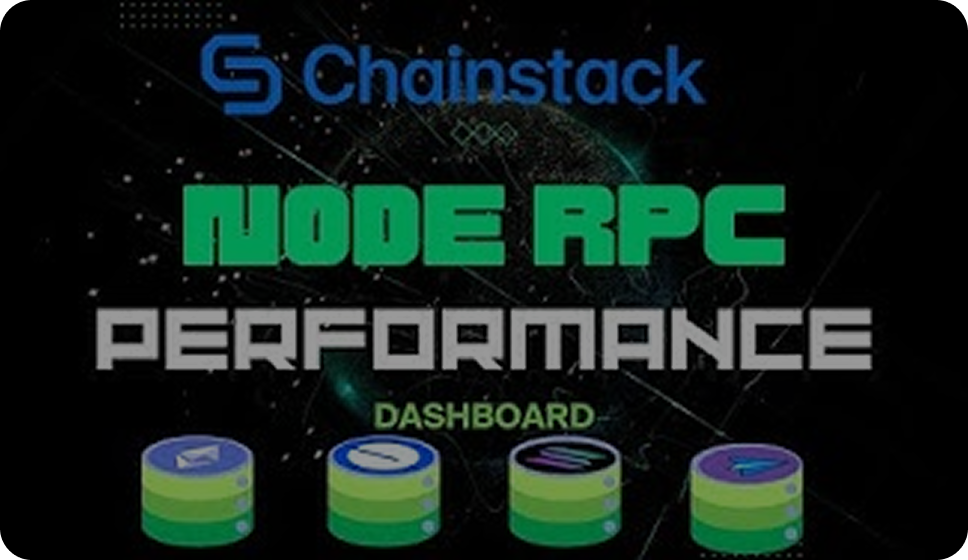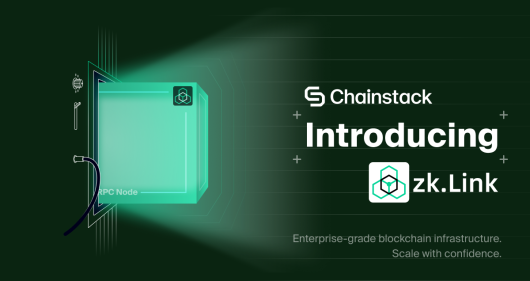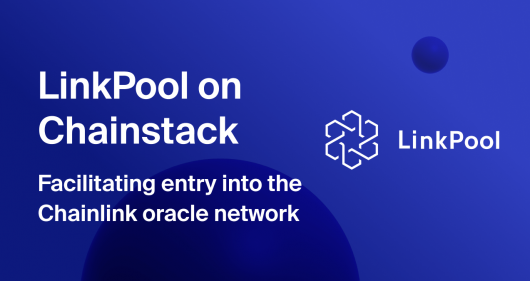Chainstack vs. QuickNode vs. Alchemy: The most cost-effective blockchain API
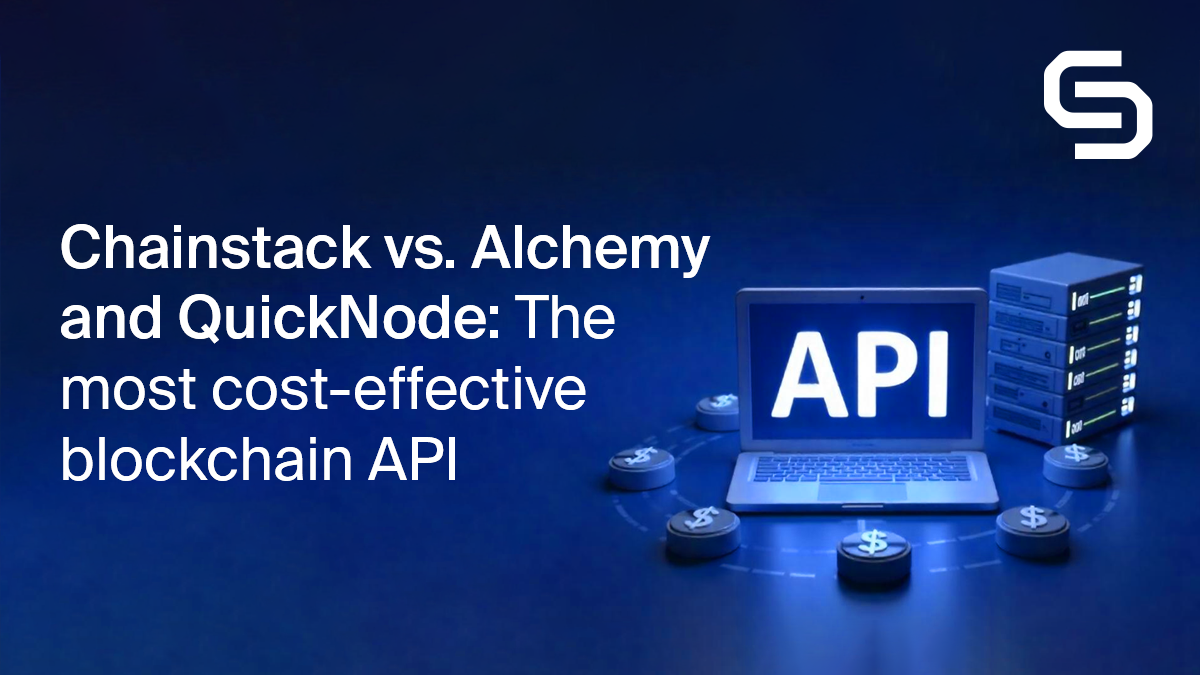
Summary
Choosing the optimal blockchain API provider is critical for developers balancing performance and cost. Chainstack emerges as the most economical option, thanks to its flat 1:1 Request Unit (RU) pricing across both EVM and Solana ecosystems. In contrast, QuickNode, Alchemy, and Helius impose method-based multipliers—ranging from 10x to 120x—that escalate costs for high-traffic applications. By examining these pricing models alongside real-world workloads, it’s clear that Chainstack’s transparency and affordability make it the standout choice for developers seeking reliable Web3 infrastructure.
How API usage metrics impact costs
Blockchain API providers calculate usage in distinct ways:
- Chainstack: Employs a 1:1 Request Unit (RU) model, ensuring costs align directly with usage, free of multipliers.
- QuickNode: Uses API Credits, with multipliers from 20x to 120x depending on the method.
- Alchemy: Relies on Compute Units (CUs), with multipliers between 10x and 60x.
- Helius: Applies its own request model, with multipliers ranging from 1x to 10x.
A single request costing 1 RU on Chainstack could translate to 20–120 API Credits on QuickNode, 10–60 CUs on Alchemy, or 1–10 units on Helius, amplifying expenses significantly for demanding applications.
EVM API cost: Method multiplier impact
The table below outlines the method multipliers applied by Chainstack, QuickNode, and Alchemy for various EVM RPC methods—key factors that determine the true cost of API usage. Each multiplier reflects how many request units (or equivalent) a single call consumes, significantly influencing expenses for high-throughput applications.
While Chainstack maintains a flat multiplier of 1 across all methods, QuickNode and Alchemy apply higher multipliers—ranging from 10 to 60—depending on the method’s complexity. This comparison sets the stage for understanding how these differences translate into real-world pricing.
| Method | Chainstack | QuickNode | Alchemy |
|---|---|---|---|
| eth_call | 1 | 20 | 26 |
| eth_getTransactionReceipt | 1 | 20 | 20 |
| eth_getBalance | 1 | 20 | 20 |
| eth_getLogs | 1 | 20 | 60 |
| eth_blockNumber | 1 | 20 | 10 |
| eth_getBlockByNumber | 1 | 20 | 20 |
| eth_chainId | 1 | 20 | – |
| eth_getTransactionCount | 1 | 20 | 20 |
| eth_getTransactionByHash | 1 | 20 | 20 |
| eth_getStorageAt | 1 | 20 | 20 |
| eth_getFilterChanges | 1 | 20 | 20 |
| eth_getBlockReceipts | 1 | 20 | 20 |
| eth_getUncleByBlockNumberAndIndex | 1 | 20 | 20 |
| eth_getCode | 1 | 20 | 20 |
| eth_gasPrice | 1 | 20 | 20 |
| eth_estimateGas | 1 | 20 | 20 |
| eth_feeHistory | 1 | 20 | 10 |
| eth_sendRawTransaction | 1 | 20 | 40 |
| eth_maxPriorityFeePerGas | 1 | 20 | 10 |
| eth_getBlockByHash | 1 | 20 | 20 |
| net_version | 1 | 20 | – |
| web3_clientVersion | 1 | 20 | 20 |
| eth_syncing | 1 | 20 | – |
| eth_accounts | 1 | 20 | 10 |
| trace_block | 2 | 40 | 20 |
| trace_transaction | 2 | 40 | 40 |
| debug_traceTransaction | 2 | 40 | 40 |
| debug_traceBlockByNumber | 2 | 40 | 40 |
| debug_traceCall | 2 | 40 | 40 |
| debug_traceBlockbyHash | 2 | 40 | 40 |
To assess cost efficiency, we’ll look at a typical EVM workload—a balanced set of common RPC methods used in high-demand applications. This includes contract calls, transaction lookups, event indexing, and gas estimation, all essential for DeFi platforms, NFT marketplaces, and blockchain analytics tools.
By comparing how Chainstack, QuickNode, and Alchemy manage this usage, we can observe how their pricing adjusts in real-world situations. This analysis reveals how method-based multipliers affect overall expenses and shows why Chainstack’s Pro plan provides the most consistent and budget-friendly option for EVM developers.
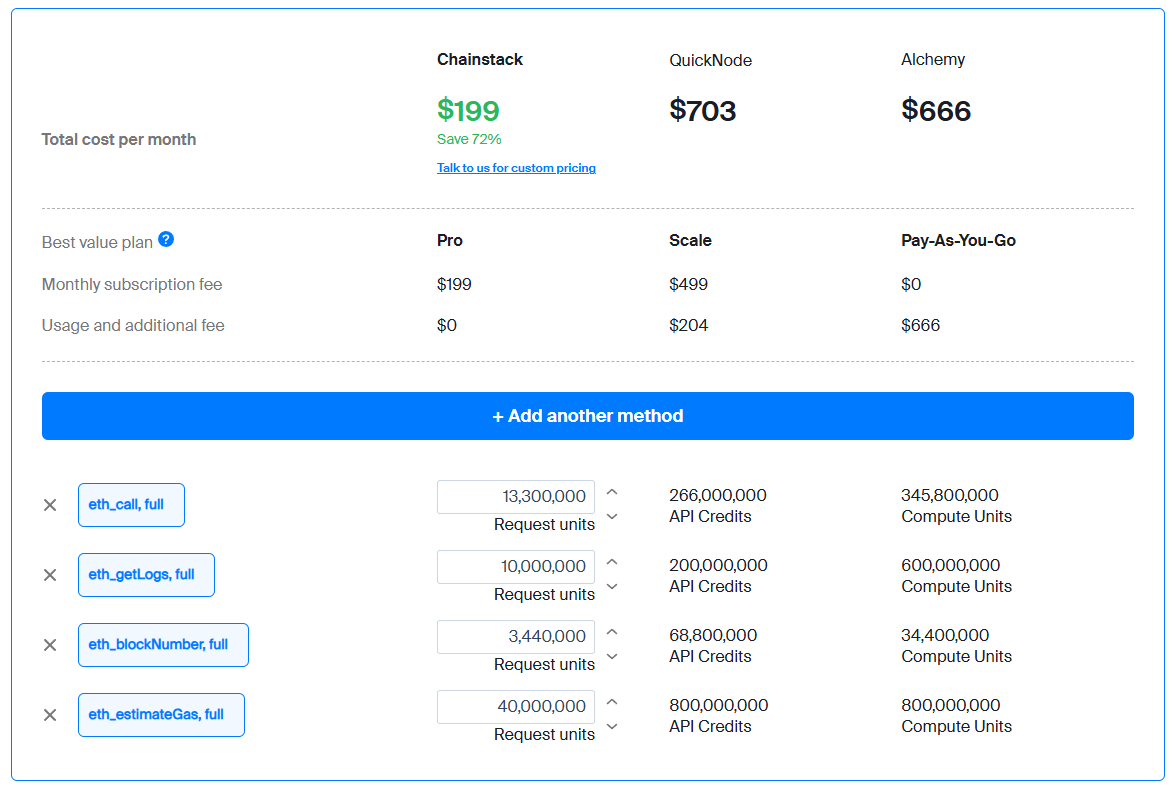
Chainstack Pro is priced at $199/month for 80M request units, including an additional 25M units at no extra cost and no hidden multipliers. Additional usage is available at $12.5 per 1M RU.
In comparison, QuickNode’s Scale plan costs $703/month, consisting of a $499 base fee plus $204 in usage charges. Alchemy’s PAYG model comes in at $666/month, with pricing determined entirely by usage.
Solana API cost: Method multiplier impact
The table below compares the method multipliers for Solana RPC methods across Chainstack, QuickNode, and Helius, revealing how each provider weights API calls in terms of resource usage. These multipliers—indicating the request units (or equivalent) per method—play a pivotal role in shaping costs, especially for applications with heavy demands.
Chainstack keeps it simple with a uniform multiplier of 1, while QuickNode’s range spans 30 to 120, and Helius fluctuates between 1 and 10 based on method type. This sets up a clear lens for assessing their pricing in action.
| Method | Chainstack | QuickNode | Helius |
|---|---|---|---|
| getProgramAccounts | 1 | 60 | 10 |
| getTokenAccountsByOwner | 1 | 30 | 1 |
| getSignatureStatuses | 1 | 30 | 1 |
| getAccountInfo | 1 | 30 | 1 |
| getBalance | 1 | 30 | 1 |
| getTokenAccountBalance | 1 | 30 | 1 |
| getStakeActivation | 1 | 30 | 1 |
| getLatestBlockhash | 1 | 30 | 1 |
| getFeeForMessage | 1 | 30 | 1 |
| getConfirmedTransaction | 1 | 30 | 1 |
| getSignaturesForAddress | 1 | 30 | 1 |
| getInflationRate | 1 | 30 | 1 |
| getVoteAccounts | 1 | 30 | 1 |
| getEpochInfo | 1 | 30 | 1 |
| getMultipleAccounts | 1 | 30 | 1 |
| getBlock | 1 | 30 | 1 |
| getTokenSupply | 1 | 120 | 1 |
| logsSubscribe | 1 | 30 | 1 |
| getBlockHeight | 1 | 30 | 1 |
| getSlot | 1 | 30 | 1 |
| getMinimumBalanceForRentExemption | 1 | 30 | 1 |
| simulateTransaction | 1 | 30 | 1 |
| getRecentBlockhash | 1 | 30 | 1 |
| getTransaction | 1 | 30 | 1 |
| sendTransaction | 1 | 30 | 1 |
To gauge cost efficiency, we’ll explore a standard Solana workload—a realistic combination of frequent RPC methods key to high-performance applications. This encompasses account lookups, transaction status queries, and token ownership checks, all integral to DeFi platforms, NFT marketplaces, and blockchain analytics tools.
By examining how Chainstack, QuickNode, and Helius process this demand, we can understand how their pricing plays out in practical settings. This comparison highlights the effect of method-based multipliers on overall expenses and illustrates why Chainstack’s Pro plan delivers the most dependable and economical solution for Solana developers.
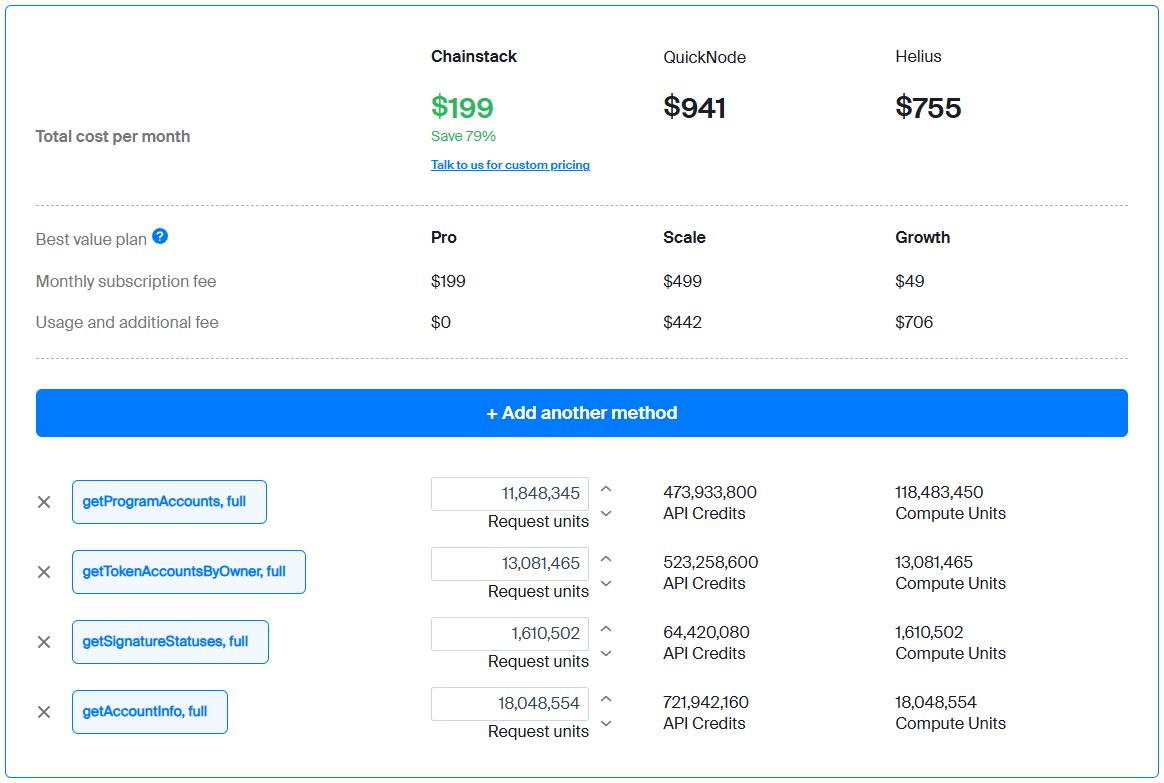
Our Pro plan costs $199/month for 80M request units, free of extra usage fees or concealed multipliers, with additional usage at $12.5 per 1M RU.
Meanwhile, QuickNode’s Scale plan reaches $941/month, combining a $499 base fee with $442 in usage costs. Helius’s Growth plan totals $755/month, featuring a $49 subscription fee plus $706 in added usage charges.
Further reading
- Introducing the new Pro plan: Power, Performance, Simplicity
- Nexo: 5X lower Debug & Trace costs
- Trust: 400% ROI with custom gateways
- CertiK: 70% lower Ethereum archive costs
Bringing it all together
For developers and businesses navigating blockchain infrastructure options, Chainstack consistently proves to be the most cost-effective solution across both EVM and Solana networks.
Our uniform 1:1 RU pricing, free of multipliers, contrasts sharply with the inflated costs driven by QuickNode’s 20x–120x, Alchemy’s 10x–60x, and Helius’s 1x–10x multipliers. This predictability, paired with competitive pricing—$199/month for 80M RUs versus QuickNode’s $703–$941, Alchemy’s $666, and Helius’s $755—positions Chainstack as the go-to choice.
Why Chainstack stands out:
- No multipliers: A 1:1 RU model keeps costs steady, unlike the variable and high multipliers of QuickNode, Alchemy, and Helius.
- Cost advantage: Savings of hundreds to thousands monthly for EVM and Solana workloads compared to competitors.
- Scalability: Extra usage at $12.5 per 1M RU ensures affordable growth without surprises.
- Proven reliability: Trusted by leading DeFi, NFT, and analytics projects for top-tier performance.
Ready to cut your blockchain API costs?
Get started with Chainstack and unlock significant savings while scaling your Web3 projects efficiently.
Power-boost your project on Chainstack
- Discover how you can save thousands in infra costs every month with our unbeatable pricing on the most complete Web3 development platform.
- Input your workload and see how affordable Chainstack is compared to other RPC providers.
- Connect to Ethereum, Solana, BNB Smart Chain, Polygon, Arbitrum, Base, Optimism, Avalanche, TON, Ronin, zkSync Era, Starknet, Scroll, Aptos, Fantom, Cronos, Gnosis Chain, Klaytn, Moonbeam, Celo, Aurora, Oasis Sapphire, Polygon zkEVM, Bitcoin and Harmony mainnet or testnets through an interface designed to help you get the job done.
- To learn more about Chainstack, visit our Developer Portal or join our Discord server and Telegram group.
- Are you in need of testnet tokens? Request some from our faucets. Multi-chain faucet, Sepolia faucet, Holesky faucet, BNB faucet, zkSync faucet, Scroll faucet.
Have you already explored what you can achieve with Chainstack? Get started for free today.
 Ethereum
Ethereum Solana
Solana TON
TON Base
Base BNB Smart Chain
BNB Smart Chain Sui
Sui Unichain
Unichain Aptos
Aptos TRON
TRON Ronin
Ronin zkSync Era
zkSync Era Sonic
Sonic Polygon
Polygon Gnosis Chain
Gnosis Chain Scroll
Scroll Avalanche Subnets
Avalanche Subnets Polygon CDK
Polygon CDK Starknet Appchains
Starknet Appchains zkSync Hyperchains
zkSync Hyperchains











